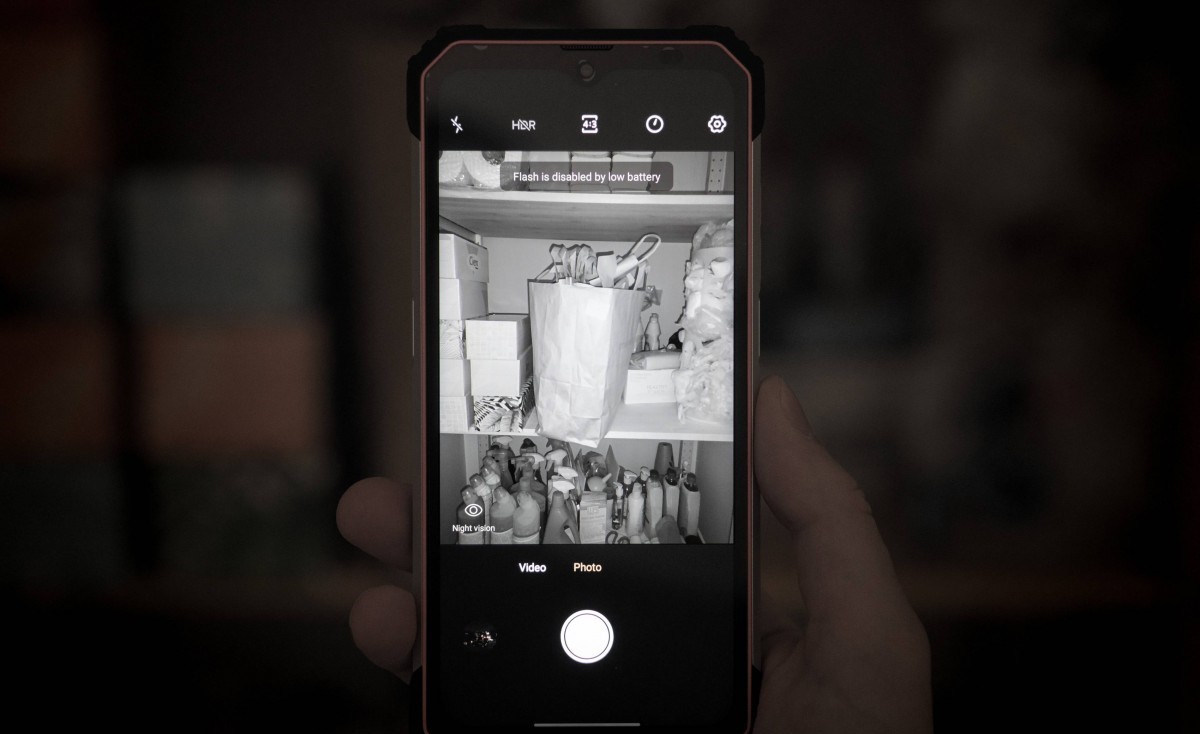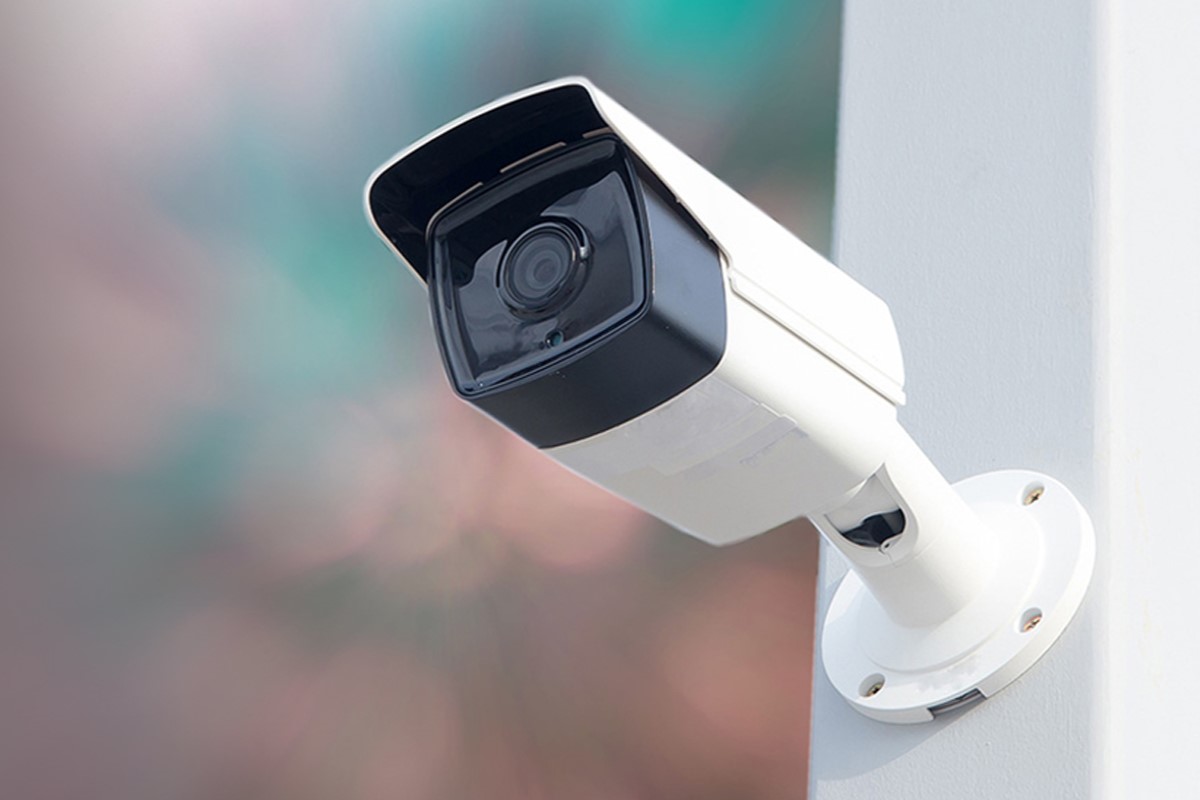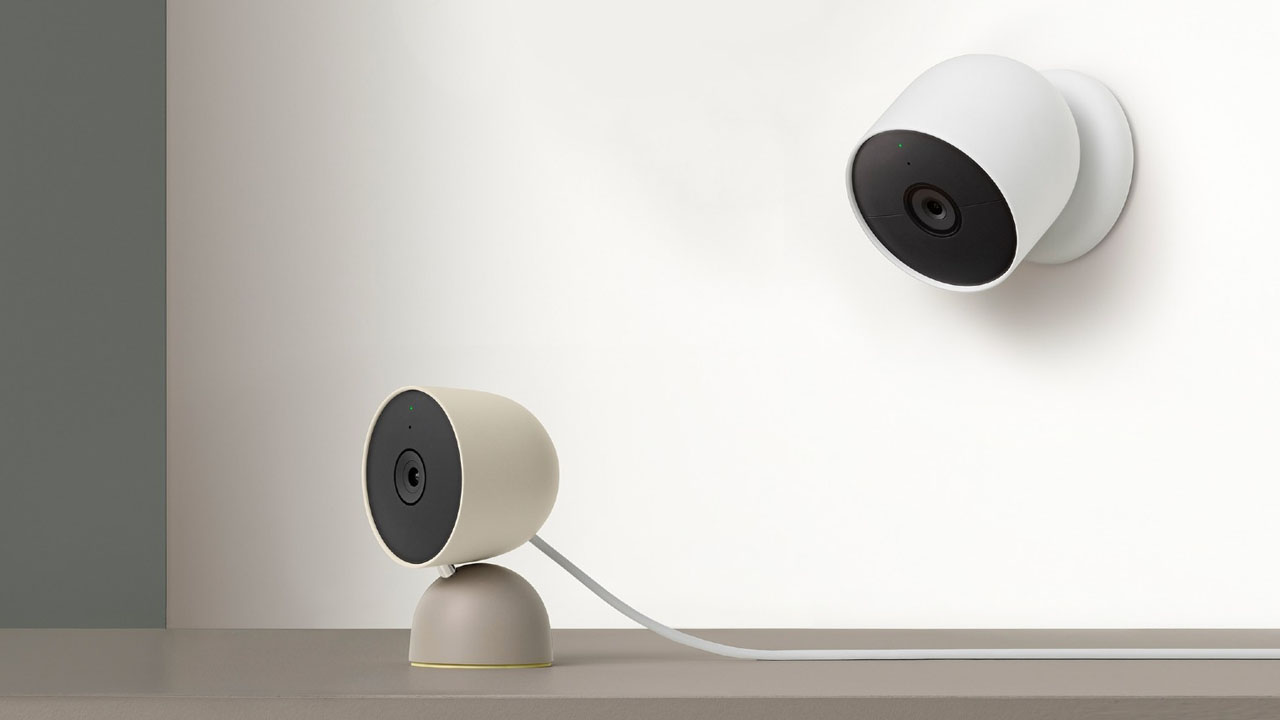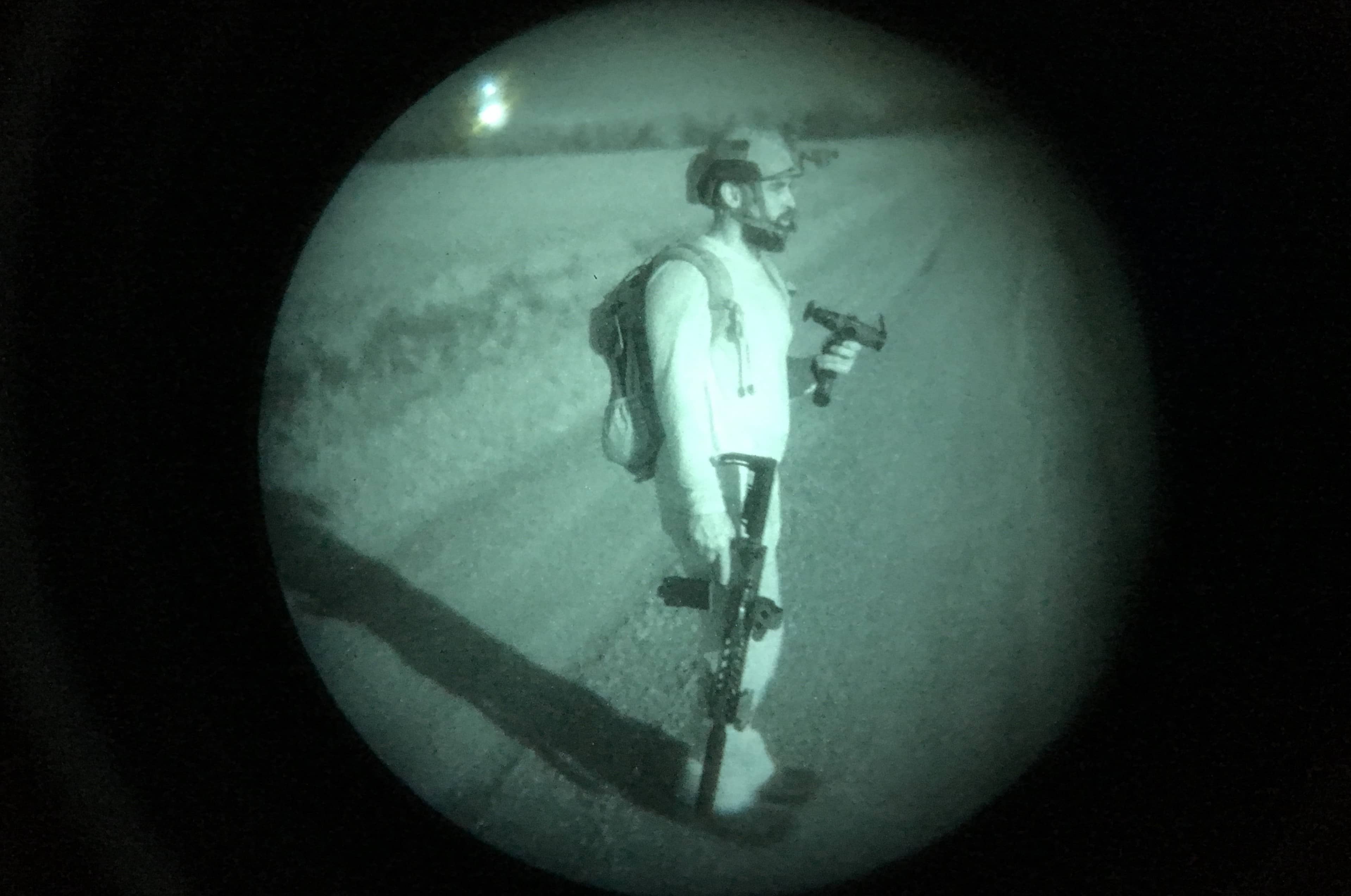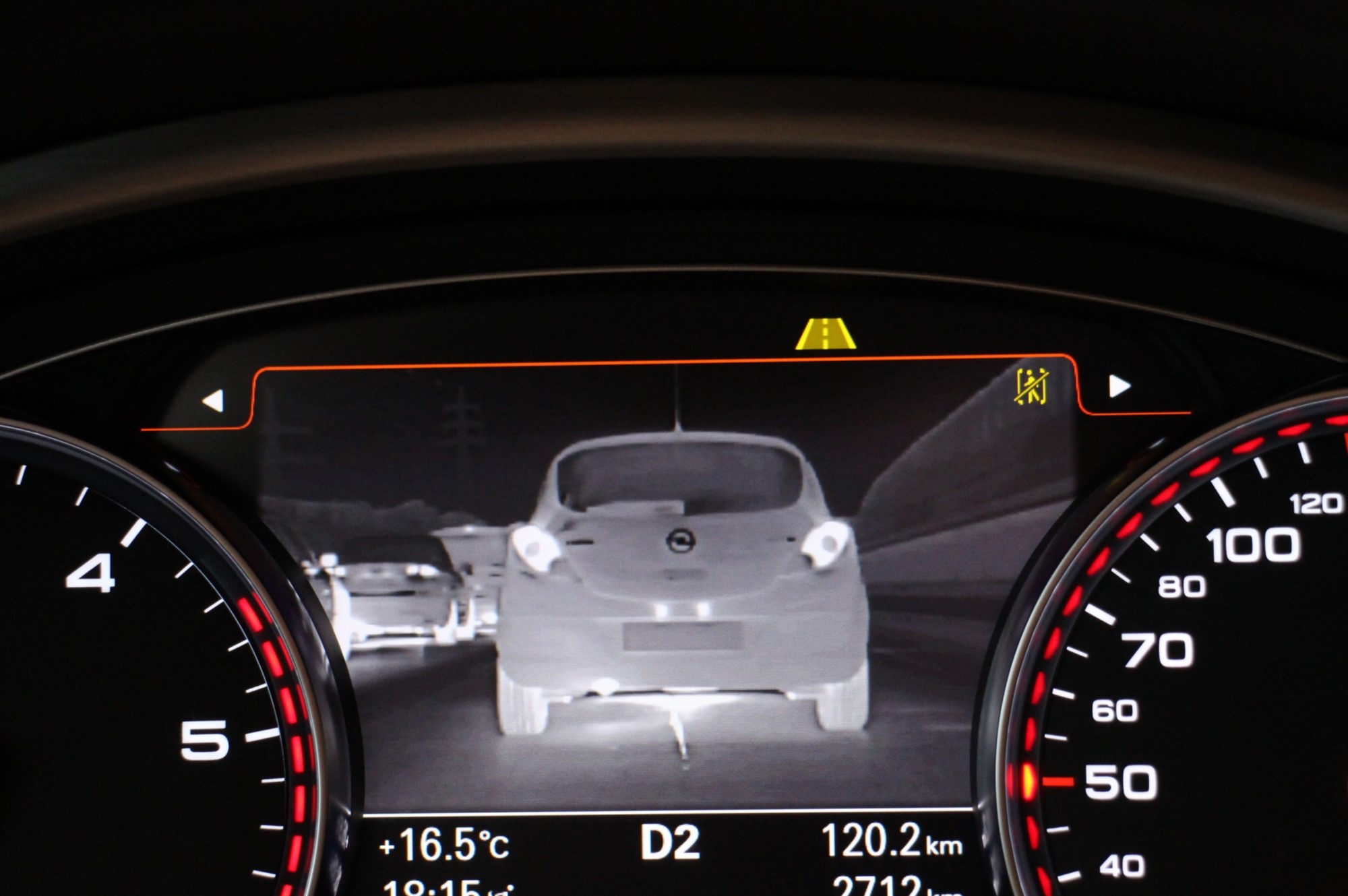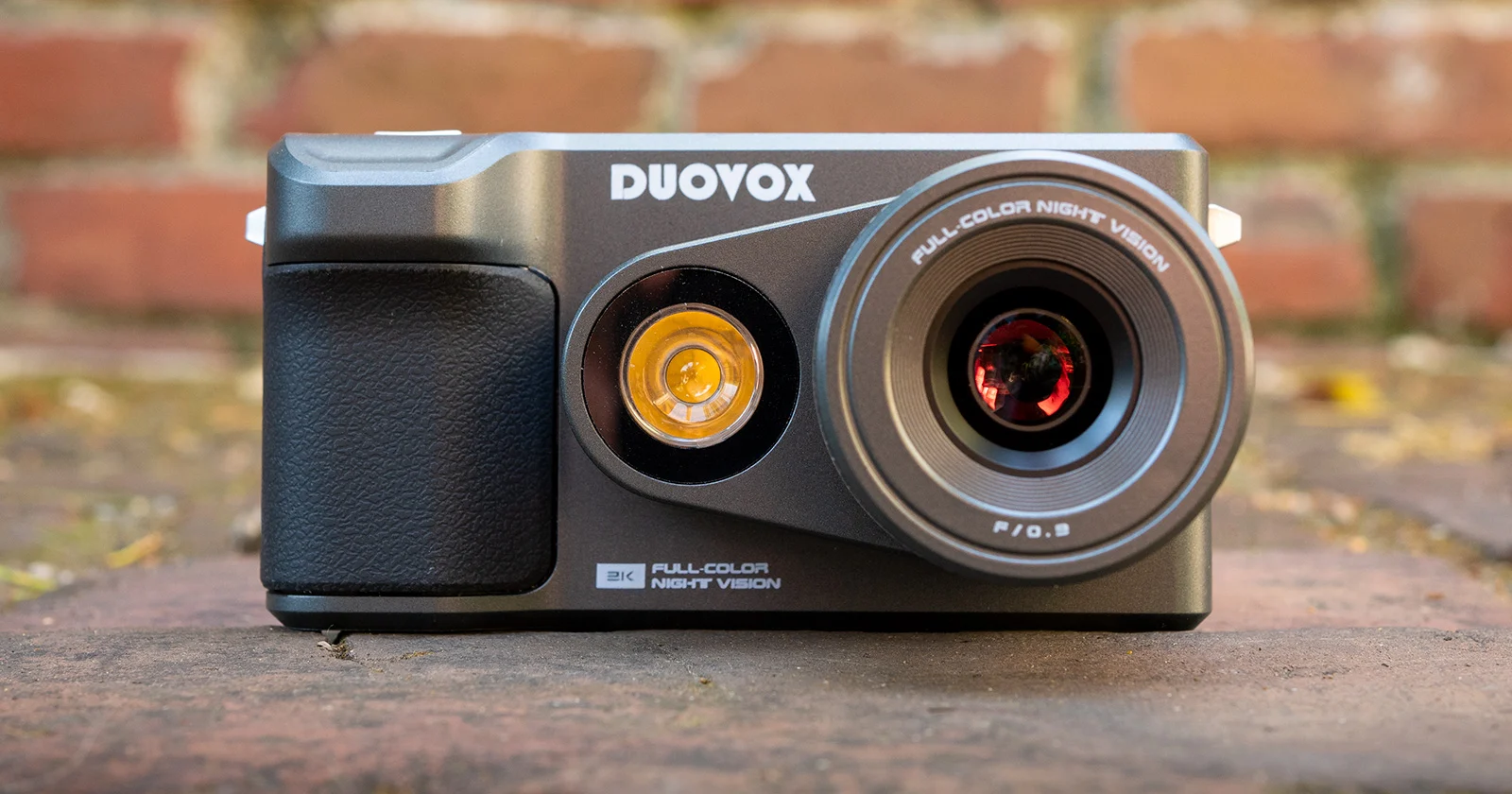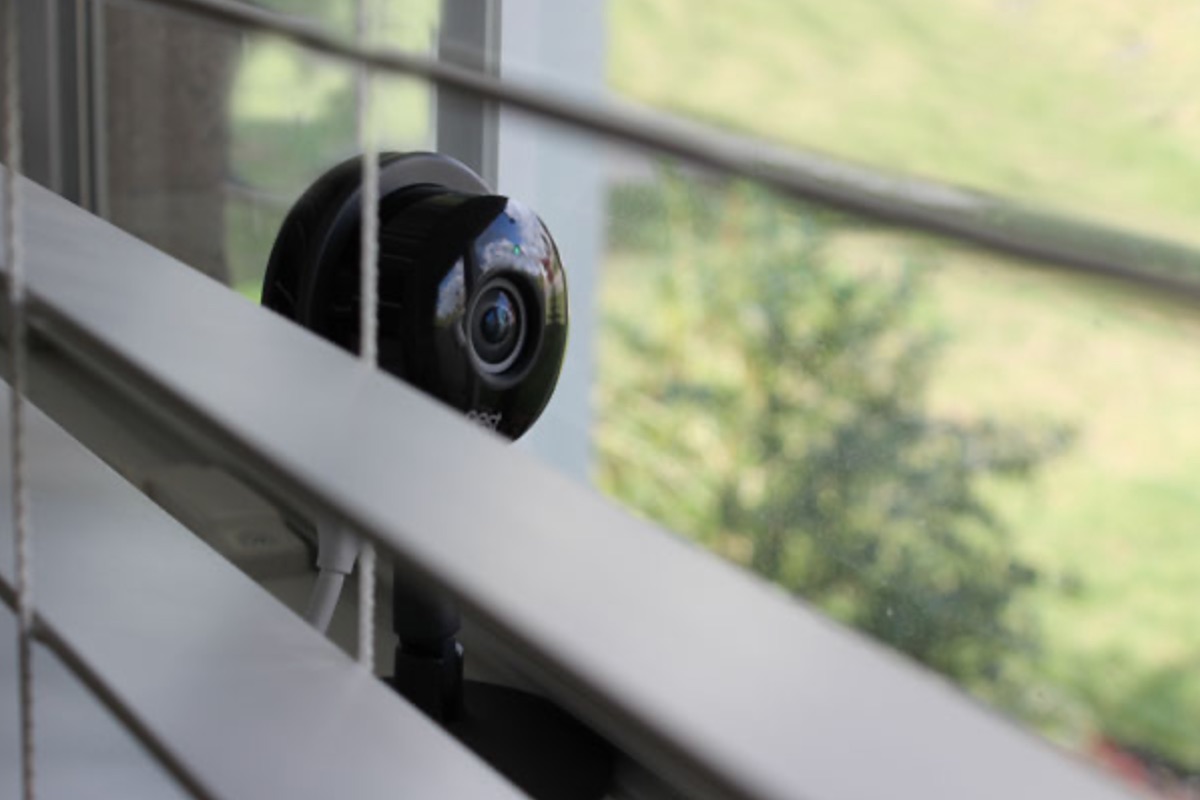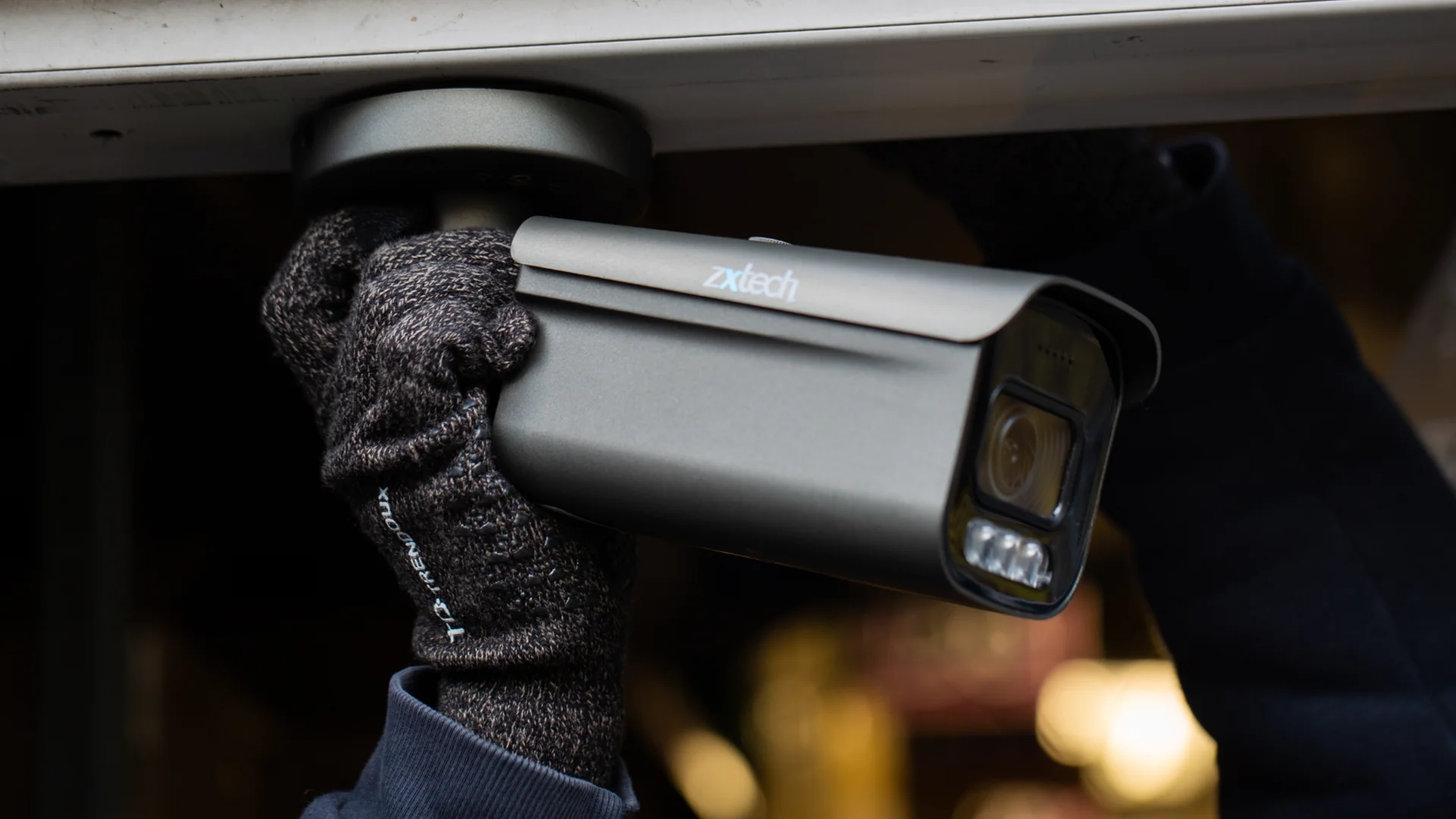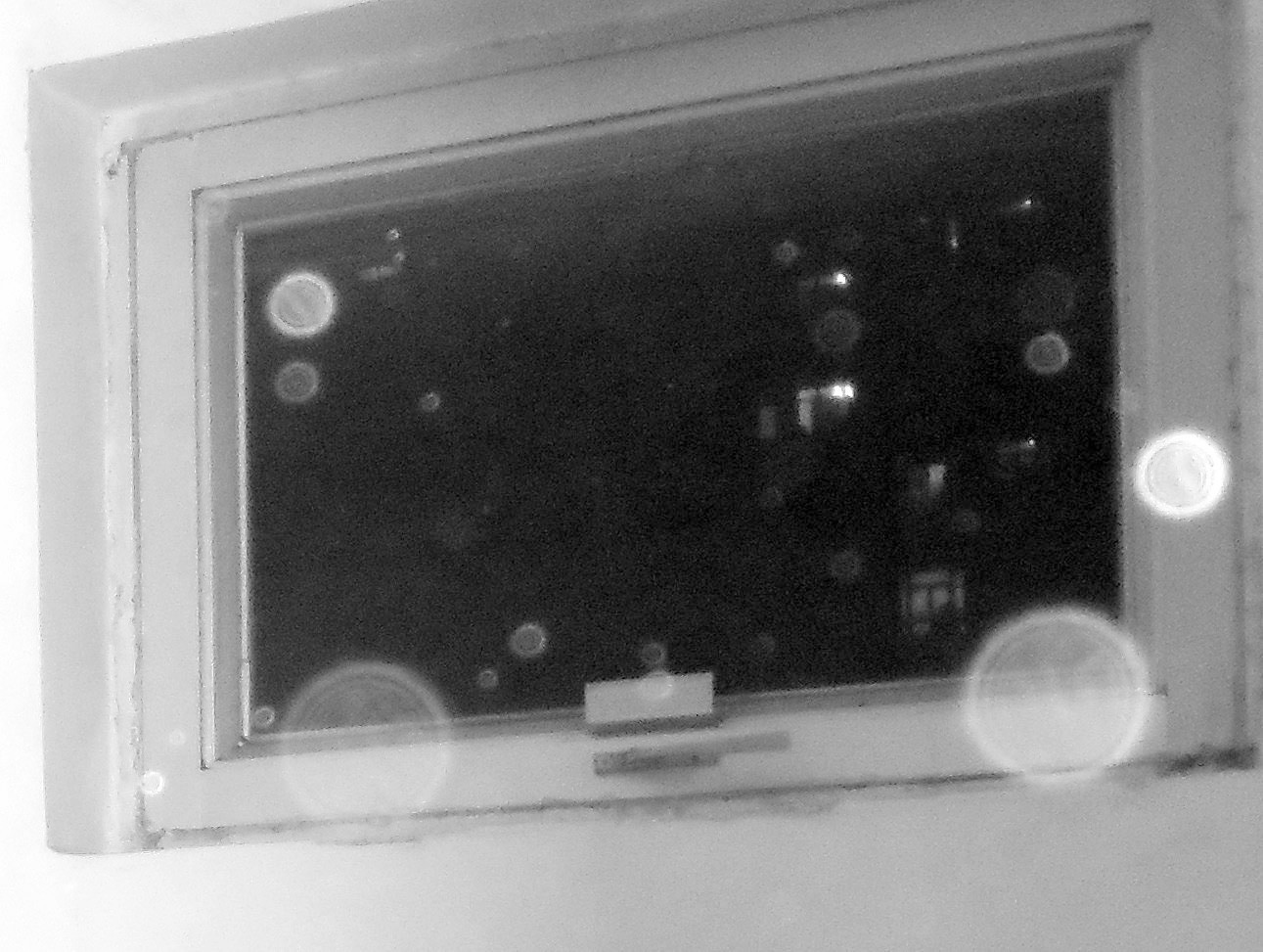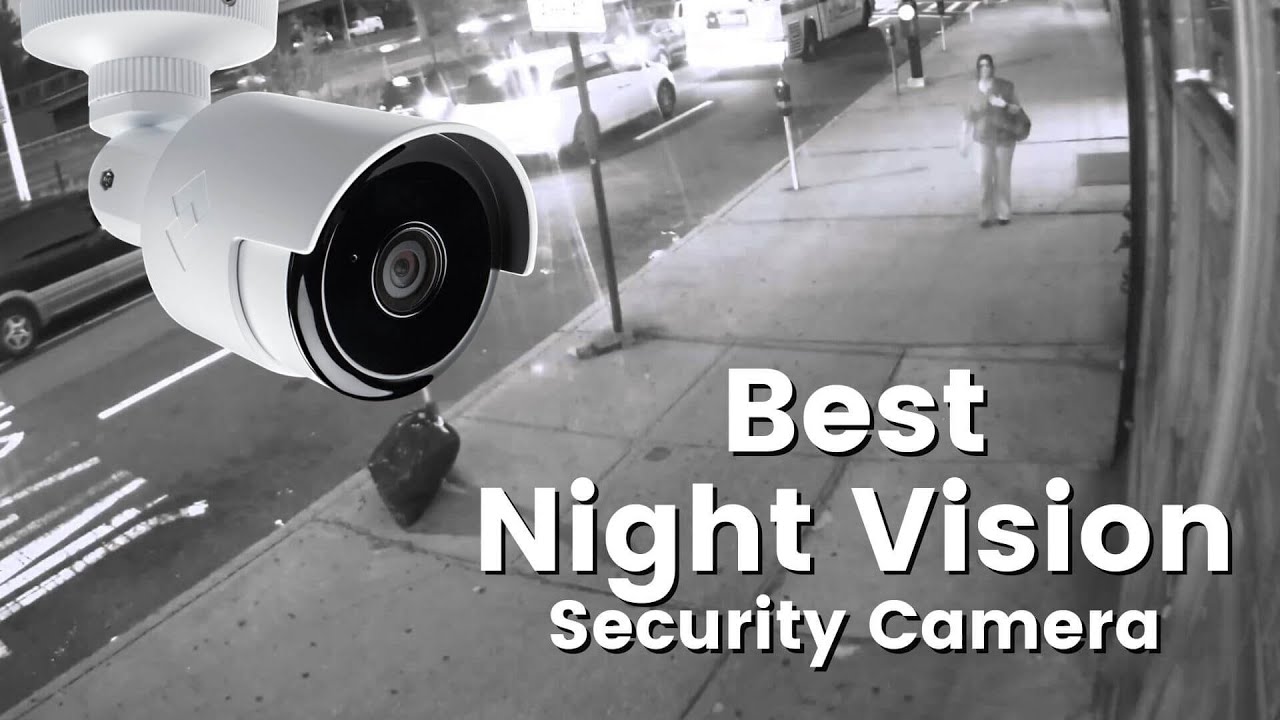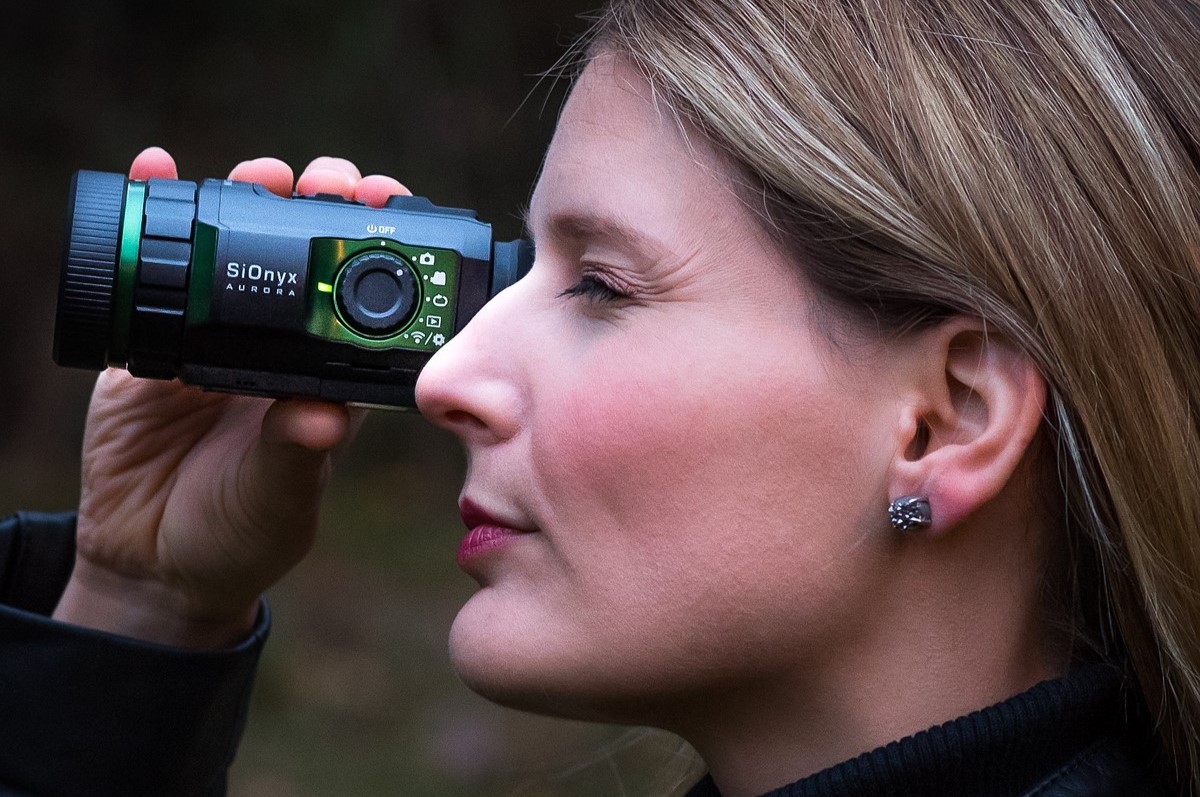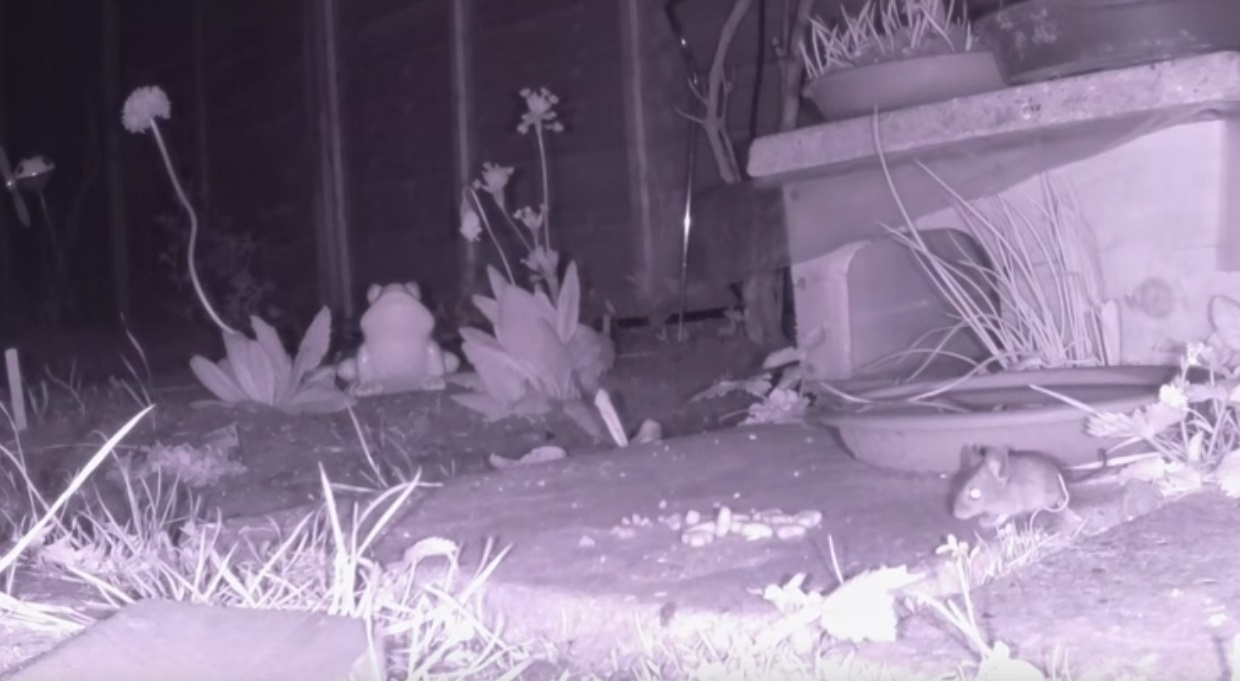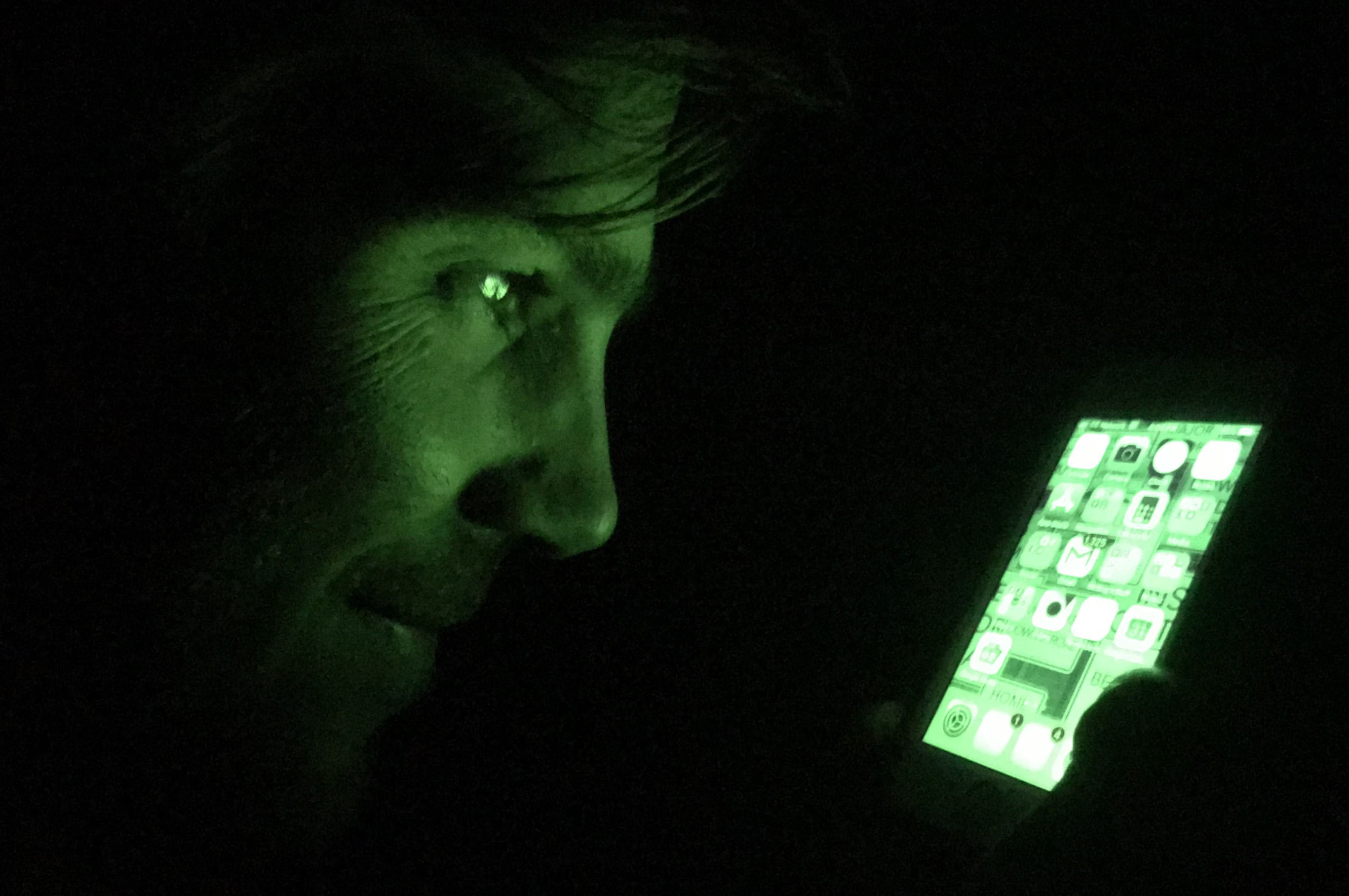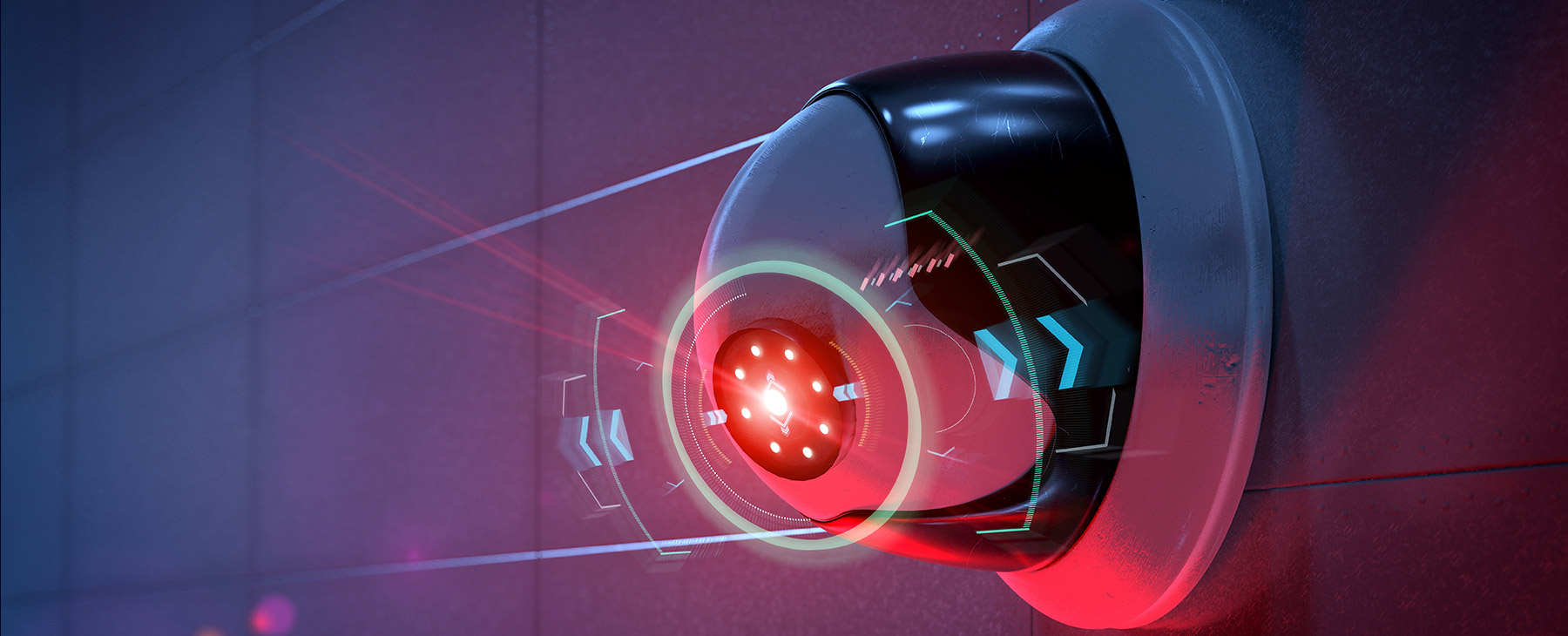Home>Home Security and Surveillance>Why Does My Night Vision Camera Look Dark At Night
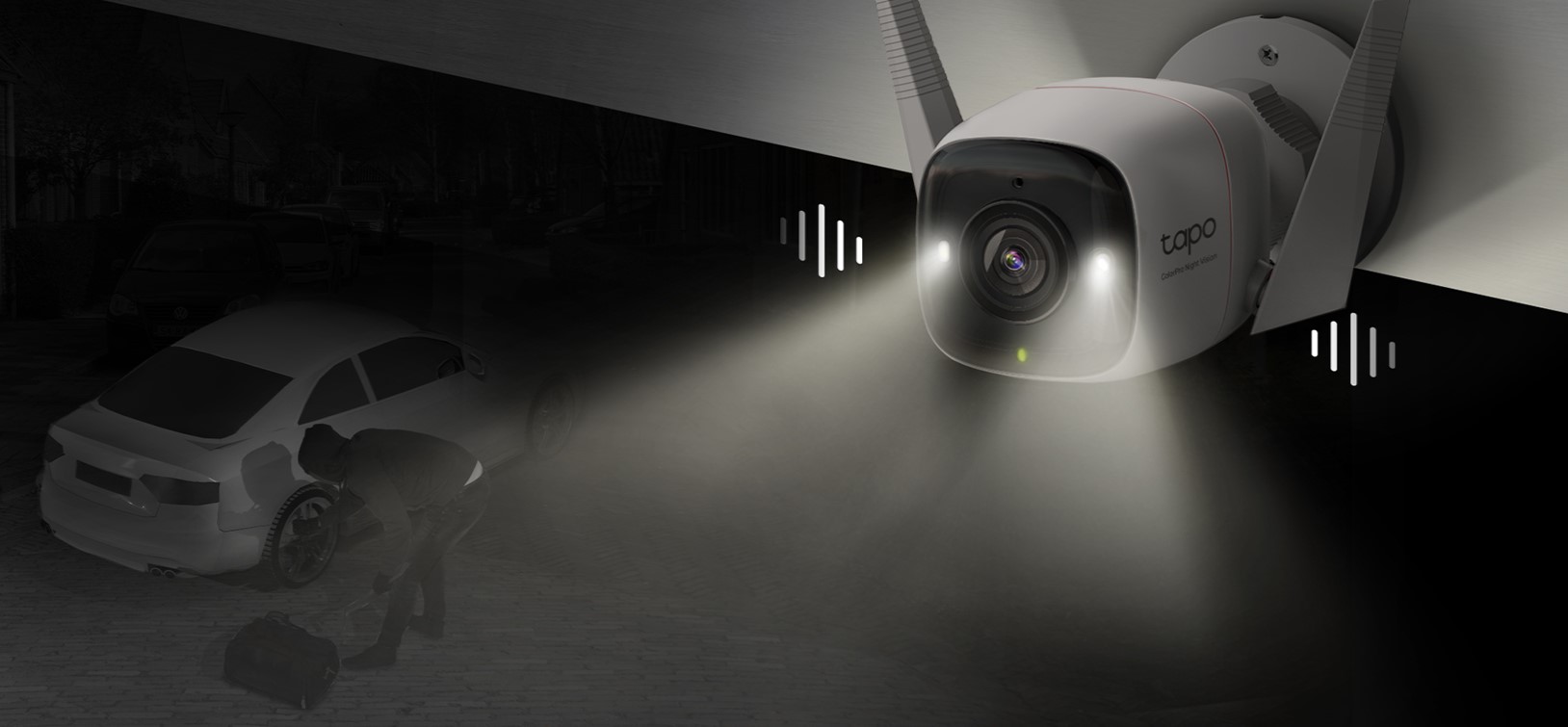

Home Security and Surveillance
Why Does My Night Vision Camera Look Dark At Night
Modified: October 20, 2024
Improve your home security and surveillance with a night vision camera. Find out why your current camera may look dark at night and discover solutions.
(Many of the links in this article redirect to a specific reviewed product. Your purchase of these products through affiliate links helps to generate commission for Storables.com, at no extra cost. Learn more)
Introduction
Welcome to the world of home security and surveillance, where keeping your loved ones and property safe is a top priority. With advancements in technology, home security systems have become more sophisticated and efficient than ever before. One crucial component of these systems is the night vision camera. These specialized cameras allow you to capture clear and detailed footage even in low-light conditions, providing you with peace of mind and enhanced security.
In this article, we will delve into the fascinating world of night vision cameras. We will explore how they work, the different types of night vision technology available, and the factors that can affect the image quality of these cameras. Additionally, we will provide troubleshooting tips if you find that your night vision camera is producing dark images, and discuss methods to enhance its performance.
So, if you are curious to understand why your night vision camera looks dark at night and want to optimize its functionality, let’s dive into the intricacies of night vision technology.
Key Takeaways:
- Night vision cameras use advanced technology like infrared light to capture clear images in the dark, but factors like ambient light and lens cleanliness can affect their performance.
- Troubleshooting dark night vision images involves adjusting camera settings, checking infrared illuminators, and minimizing interference from external light sources. Regular maintenance and upgrades can enhance camera performance.
Understanding Night Vision Cameras
Night vision cameras have revolutionized the way we monitor and secure our homes. They use advanced technology to capture images in environments with little to no light, providing crucial surveillance even during the darkest hours. To understand how night vision cameras work, let’s delve into the basics of their functioning.
How Night Vision Cameras Work:
Night vision cameras utilize various technologies to capture images in low-light conditions. One common method is through the use of infrared light. These cameras have built-in infrared illuminators that emit infrared light, which is invisible to the human eye but easily detected by the camera’s sensor. By illuminating the scene with infrared light, the camera can effectively capture detailed images, even in complete darkness.
The camera’s image sensor, typically a Charge-Coupled Device (CCD) or Complementary Metal-Oxide-Semiconductor (CMOS) sensor, converts the incoming light or infrared radiation into an electrical signal, which is then processed to produce a visible image.
Different Types of Night Vision Technology:
There are several types of night vision technology used in cameras today. Let’s explore some of the most common ones:
- Traditional Night Vision: Traditional night vision cameras amplify the existing ambient light, making it possible to view the scene. They are commonly referred to as “starlight cameras” and are effective in low-light environments where there is some degree of visible light present.
- Infrared (IR) Illumination: Infrared night vision cameras use infrared illuminators to emit invisible infrared light that is detected by the camera’s sensor. This technology is effective in completely dark environments, where there is no visible light available.
- Thermal Imaging: Thermal imaging cameras use the heat emitted by objects to create an image. They detect differences in temperature to produce a visible image, allowing you to see objects even in pitch-black conditions. This technology is often used in military or professional surveillance applications.
Each type of night vision technology has its own advantages and functions, and the choice depends on the specific requirements and conditions of your surveillance needs.
Factors Affecting Night Vision Image Quality
When it comes to night vision cameras, the image quality can vary depending on several factors. Understanding these factors can help you optimize the performance of your camera and ensure clear and detailed night vision footage. Let’s explore the key elements that can impact the image quality of your night vision camera:
Ambient Light Levels:
The available ambient light in the surveillance area directly affects the image quality of a night vision camera. In situations where there is some visible light, traditional night vision cameras that amplify existing light can produce detailed and clear images. However, in environments with complete darkness, relying solely on ambient light might not be sufficient. This is where infrared illumination technology comes into play, providing the necessary light source for the camera to capture distinct images.
Infrared Illumination Efficiency:
The efficiency and power of the camera’s built-in infrared illuminators play a vital role in night vision image quality. These illuminators emit infrared light, allowing the camera’s sensor to detect and capture the scene. High-quality infrared illuminators with longer wavelengths and larger coverage areas can provide better illumination and, consequently, clearer images in the dark.
Camera Sensor Sensitivity:
The sensitivity of the camera’s image sensor is another essential factor in determining night vision image quality. Sensors with higher sensitivity can detect and capture even the slightest amount of light or infrared radiation, resulting in brighter and more detailed images. When choosing a night vision camera, consider cameras with sensors that have high sensitivity ratings for optimal performance.
Lens Aperture and Focal Length:
The lens aperture, measured in terms of f-stop, regulates the amount of light that enters the camera’s image sensor. A wider aperture allows more light to pass through, improving the camera’s ability to capture clear images in low-light conditions. Additionally, the focal length of the lens affects the field of view and the amount of light that reaches the sensor. Opting for lenses with wider apertures and suitable focal lengths can significantly enhance night vision image quality.
Environmental Conditions:
The overall environment where the night vision camera is installed can impact its performance. Factors such as extreme temperatures, humidity, and obstructions like fog or rain can interfere with the camera’s ability to capture clear images. Ensure that the camera is installed in a suitable location and consider weatherproof or vandal-resistant designs for outdoor installations to maintain optimal image quality.
By considering these factors and choosing night vision cameras that excel in these areas, you can enhance the quality of your surveillance footage and ensure maximum clarity even in challenging low-light conditions.
Make sure the camera lens is clean and free of any obstructions. Also, check the camera settings to ensure that the night vision mode is activated and the infrared lights are working properly.
Troubleshooting Dark Night Vision Images
Experiencing dark or low-quality night vision images can be frustrating, especially when you rely on your security camera to monitor your property. Fortunately, there are several troubleshooting steps you can take to improve the image quality and clarity of your night vision camera. Let’s explore some common techniques to address dark night vision images:
Adjusting Camera Settings:
Start by adjusting the settings on your night vision camera. Many cameras come with adjustable settings such as brightness, contrast, and gain control. Experiment with these settings to find the optimal balance that produces clear and well-lit images. Tweak the settings based on the specific lighting conditions of your surveillance area.
Checking Infrared Illumination:
Ensure that the infrared illuminators on your camera are functioning properly. These illuminators emit infrared light, allowing the camera’s sensor to capture images in the dark. Check if the infrared LEDs are lit up when the camera is in night vision mode. If not, there may be an issue with the illuminators or the camera’s night vision function. In such cases, consult the camera’s manual or contact the manufacturer for assistance.
Cleaning the Lens:
Dirt, smudges, or dust particles on the camera lens can obstruct the passage of light, resulting in dark or blurry images. Regularly clean the lens using a microfiber cloth or lens cleaning solution to remove any dirt or smudges. Take care not to scratch the lens while cleaning, as it can affect the image quality. Maintaining a clean lens can significantly improve the night vision performance of your camera.
Eliminating Light Sources Interference:
External light sources, such as streetlights or nearby windows, can interfere with the performance of night vision cameras. These sources can overexpose the sensor, resulting in a darker overall image. To minimize this interference, consider adjusting the camera angle or repositioning it away from direct light sources. Using blinds or curtains on windows can also help reduce the amount of light entering the surveillance area.
By following these troubleshooting techniques, you can address dark night vision images and improve the overall performance of your surveillance system. Remember to consult the camera’s manual or seek professional assistance if you encounter persistent issues that cannot be resolved through basic troubleshooting methods.
Enhancing Night Vision Camera Performance
If you want to take your night vision camera’s performance to the next level, there are a few strategies you can employ. These techniques will help you capture even sharper, clearer, and more detailed images in low-light conditions. Let’s explore some effective methods for enhancing your night vision camera’s performance:
Upgrading Camera Sensors:
The image sensor is the heart of any camera, including night vision cameras. By upgrading to a higher-resolution sensor, you can capture more detailed images with greater clarity, even in low-light environments. Look for night vision cameras with advanced sensor technology, such as larger pixel sizes or back-illuminated sensors, which improve light sensitivity and reduce noise for superior image quality.
Using External Infrared Illuminators:
While many night vision cameras come equipped with built-in infrared illuminators, their power and range may be limited. Consider enhancing your camera’s performance by using external infrared illuminators. These devices emit a stronger and broader beam of infrared light, extending the camera’s night vision capabilities. External infrared illuminators also offer the flexibility to position the light source in optimal locations for enhanced coverage and improved image quality.
Employing Image Enhancement Technologies:
Modern night vision cameras often come with advanced image enhancement technologies that can significantly improve image quality. These technologies include features like digital noise reduction, wide dynamic range, and image stabilization. Digital noise reduction minimizes image noise and graininess, resulting in cleaner and more defined images. Wide dynamic range allows the camera to capture a broader range of brightness levels, preventing overexposure or underexposure in high contrast scenes. Image stabilization compensates for camera shake or movement, ensuring sharp and stable footage. Leveraging these image enhancement technologies can greatly enhance your night vision camera’s performance.
By upgrading camera sensors, utilizing external infrared illuminators, and leveraging image enhancement technologies, you can take your night vision camera’s performance to new heights. These strategies will allow you to capture even clearer and more detailed images, enhancing the overall effectiveness of your home security and surveillance system.
Read more: Why Did My Night Vision Camera Get Damaged
Conclusion
Night vision cameras have revolutionized the way we secure our homes and properties, providing us with enhanced surveillance capabilities even in low-light conditions. Understanding the working principles of night vision cameras, the different types of night vision technology available, and the factors that affect image quality is crucial for optimizing their performance.
Factors such as ambient light levels, infrared illumination efficiency, camera sensor sensitivity, lens aperture, and focal length, as well as environmental conditions, can impact the image quality of night vision cameras. By considering these factors and choosing cameras that excel in these areas, you can ensure clearer and more detailed night vision footages.
If you are facing dark night vision images, troubleshooting techniques such as adjusting camera settings, checking infrared illumination, cleaning the lens, and eliminating light sources interference can help improve the image quality of your camera. Regular maintenance and proper positioning can go a long way in maximizing its performance.
For those looking to take their night vision camera’s performance to an even higher level, upgrading camera sensors, using external infrared illuminators, and employing image enhancement technologies are effective strategies. These enhancements can result in sharper, clearer, and more detailed images, allowing for improved surveillance and peace of mind.
In conclusion, night vision cameras are essential tools for ensuring the safety and security of your home. By understanding how they work, addressing common issues, and utilizing available enhancements, you can optimize their performance and enhance the effectiveness of your home security and surveillance system.
Keep in mind that as technology advances, new innovations and improvements in night vision cameras are continually being developed. Stay informed about the latest advancements and make informed decisions when selecting and maintaining your night vision camera for the best results.
Frequently Asked Questions about Why Does My Night Vision Camera Look Dark At Night
Was this page helpful?
At Storables.com, we guarantee accurate and reliable information. Our content, validated by Expert Board Contributors, is crafted following stringent Editorial Policies. We're committed to providing you with well-researched, expert-backed insights for all your informational needs.
